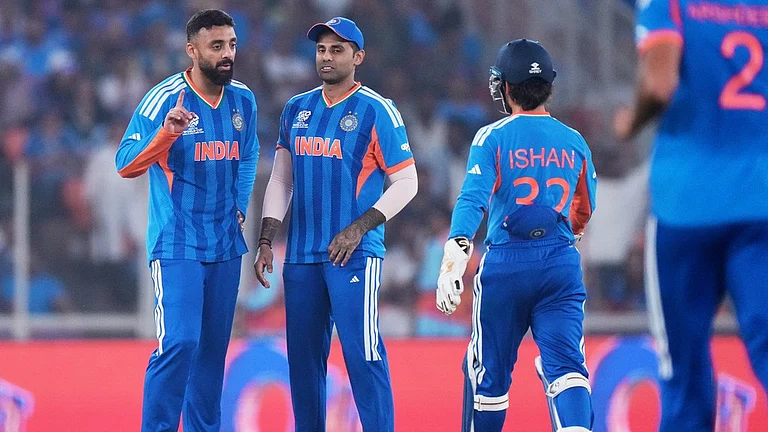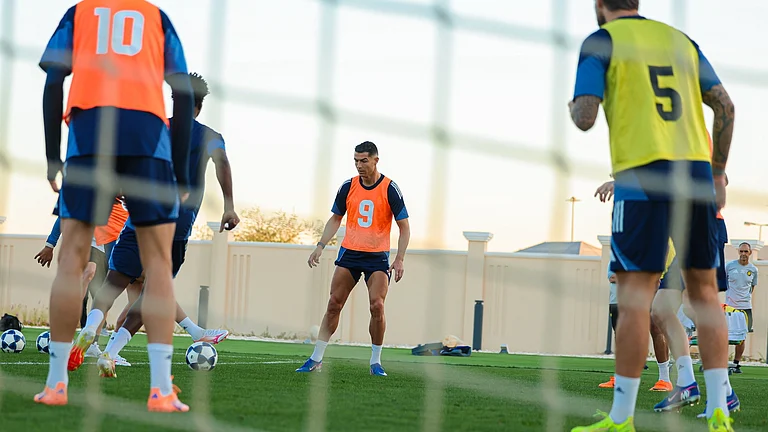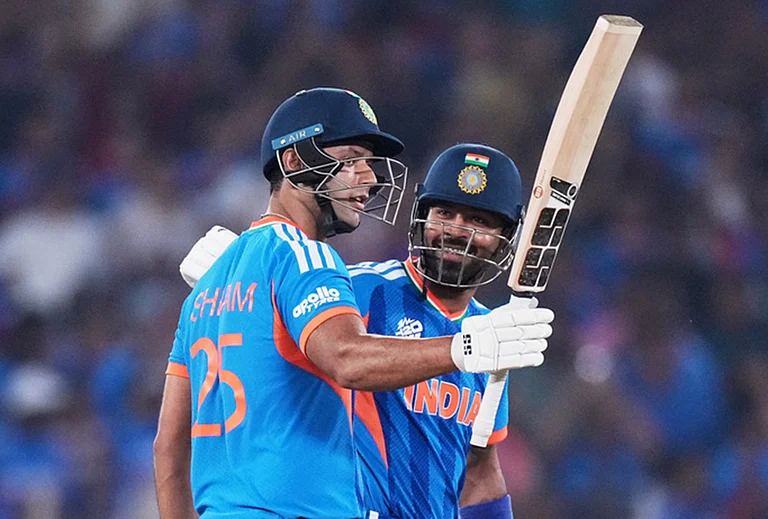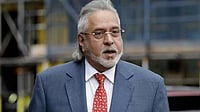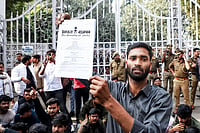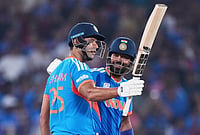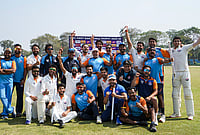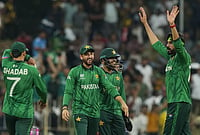Vinod Mehta (Delhi Diary, October 30) raised a good if somewhat obvious point about the unlikelihood of an operation like Chitsinghpura being directed from New Delhi. I have no time for conspiracy theories and I could not have been so thoughtless or cynical as to have ever suspected that anyone in New Delhi could have cold-bloodedly sanctioned the murders in Chitsinghpura.
But I don't think giving clean chits to the government gets us out of a reckoning with the basic facts: that the Sikhs were killed in circumstances that can only be called mysterious; that the government blamed Pakistan-backed guerrillas and has not managed to produce a shred of evidence so far; that some security officers organised the murder of five innocent men in an effort to manufacture the necessary evidence and then fired upon and killed nine demonstrators protesting against the murders.
Such a series of events demands, to say the least, a careful and thorough investigation. What I find strange is that we don't even mention the need for any kind of inquiry. Prem Shankar Jha, for instance, is content to blame the Lashkar-e-Toiba. What he keeps on saying to his readers, in effect, is: "Pankaj Mishra has had the unpatriotic nerve to write in American papers about Kashmir and accuse the security forces of massacring the Sikhs and I am going to tell you why we should hold the Lashkar-e-Toiba guilty."
The truth is that not only have I not made, but that no newspaper in the West would ever print without authenticated evidence, the libellous accusation he puts in my mouth. I have already revealed Jha's shaky premises. Now that he can no longer defend his own interpretation of my articles, he resorts to quoting, without naming, his ‘American friends at Harvard and the University of Chicago'. Apparently, these well-placed Americans ‘deluged' Jha with e-mails deploring the ‘pretty strange' fact that I was ‘tough on India' in my articles on Kashmir. If Jha ever gets around to reading my articles, he would discover that I was very ‘tough' on Pakistan.
Mr Mehta presents, while admitting that he tends to agree with Jha, a much more complicated position. He is one of the few fair-minded editors in the country to have accommodated divergent views on Kashmir; he seems to be under no illusions about what he himself calls the ‘uniformly disgraceful' record of the Indian state in Kashmir; he is correctly appalled and ashamed by the evidence of Indian cruelties he comes across in Pakistan. Yet at the same time he claims we live in an ‘open society' and possess a ‘robust press'.
But if this was so, Mr Mehta wouldn't have had to wait until he got to Pakistan before confronting the horrors of Kashmir. His optimism about the health and efficacy of our democracy doesn't go well with his awareness of the great but hidden violence inflicted by the representatives of the same democratic state in Kashmir. I raise this point as I think we have to move on from well-intentioned but vague liberal concerns about ‘Indian brutality in Kashmir' to a clear-eyed and detailed assessment of the wide-ranging damage caused to our still fragile democracy by giving a few men with guns the licence to be so brutal for such a long time.
History tells us that when a nation opts for military solutions to political problems, gives its armed enforcers too much power and no clear mission and commits them to any one place for too long, the wayward among them develop their own little fiefdoms. In my time in Kashmir, I saw and heard enough to believe some intelligence agents and mid-level security officers there are well on their way to being as deeply entrenched and reckless as the officers of the isi once were in Afghanistan.
They need no sanction from New Delhi and they can tell whatever they like to their superiors, who have no other ways of knowing. The home minister, for instance, congratulated the security and intelligence agencies in Kashmir for identifying and eliminating the killers of the Sikhs so quickly after the massacre. Now that we know what happened, anyone interested in defaming the Indian state could easily convict Mr Advani of the grossest cynicism and falsehood. But I'm inclined to think Mr Advani had been lied to by some of his own men: the swiftly if clumsily organised kidnapping, murder and defacing of five innocents at Panchalthan was only one of the countless atrocities that speak, if you want to listen, of the warlord-like omnipotence some in Kashmir have acquired. Any analysis, for instance, of our confused and confusing official position on Kashmir (Autonomy within the Constitution? ‘Absolutely not.' Amalgamation with Pakistan? ‘Let's talk about it') could begin no better than by examining the influence and power of the men running what Mr Jha himself calls ‘dirty tricks departments'.
Let's be clear: the government's refusal to hold or allow an inquiry into the March killings can only incite the kind of blunt questions about its credibility and motives that Amnesty International, for instance, has raised in its report on the murders. Even Bill Clinton, whom America's vast intelligence network keeps better informed than most of us, has his doubts—and I am sure the Americans wouldn't mind proving Pakistan's involvement in the killings and using it privately to put more pressure on General Musharraf.
This is what Clinton said, weeks after he left India: "The Sikhs were murdered because I was there. People who don't want their turmoil eased used my trip there as a pretext to highlight the difficulties. And somebody, we don't know who, killed perfectly innocent people—who, I might add, had never before been targeted in all the conflict in Kashmir."
Over six months later, none of the mysteries and uncertainties about Chitsinghpura have gone away. We can speculate and argue endlessly but it's unlikely we'll know the killers' identities in the absence of a comprehensive inquiry.







